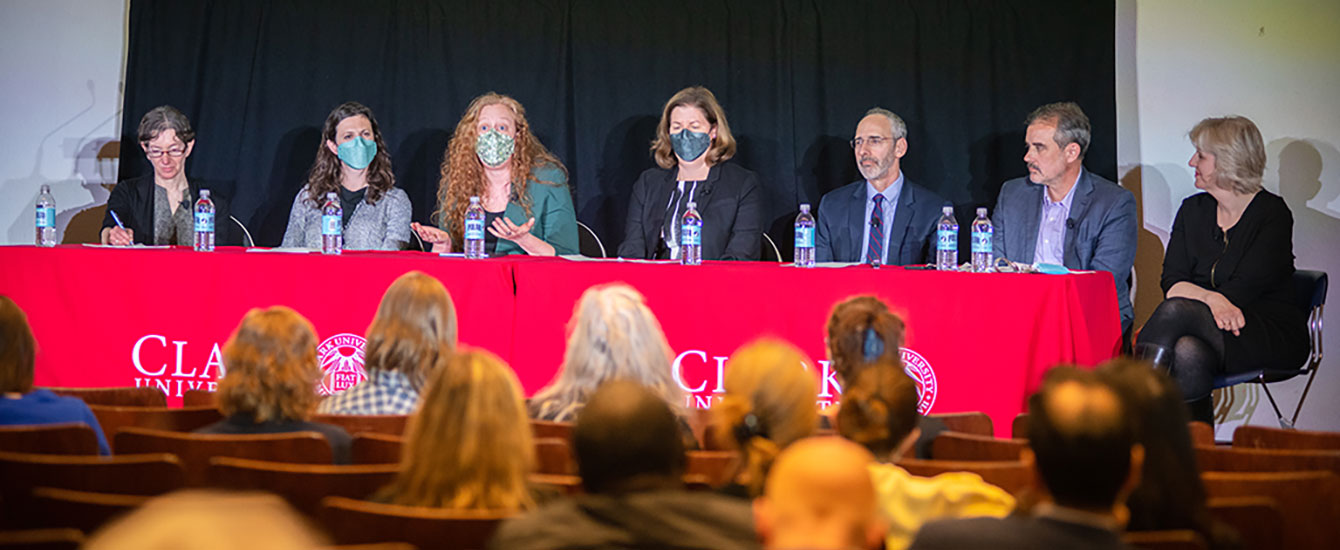Political Science
Document Type
Article
Abstract
Objective: Few studies have measured public attitudes about reform proposals for changing direct primaries. Despite strong public support over the past century for holding primaries, does the public want to change the direct primary, given its very low voter turnout and its potential role in fostering political polarization?. Method: Using a unique nationally representative survey of 3000 U.S. adults conducted in March 2023 by YouGov, this study shows that a majority of Americans support reform of primary elections. Results: The reforms which receive the greatest support are those that seem more “democratic” such as establishing national congressional primary and holding open primaries. There is lower support for reforms that give political parties more control over selecting candidates, such as state party conventions. There are significant differences between Republicans, Democrats, and independents, while factors such as interest, education, gender, and race have a minimal impact. Individuals living in states with nonpartisan primaries are more favorable toward this specific reform, ranked-choice voting, and open primaries, but primary type was not significant in regression models. Conclusions: The public is opposed to reforms that give parties more say in choosing candidates, consistent with public sentiment a century earlier when the direct primary was adopted.
Publication Title
Social Science Quarterly
Publication Date
2024
ISSN
0038-4941
DOI
10.1111/ssqu.13370
Keywords
direct primary, election reform, non-partisan primary, primary elections, public opinion
Repository Citation
Boatright, Robert G.; Tolbert, Caroline J.; and Micatka, Nathan K., "Public opinion on reforming U.S. primaries" (2024). Political Science. 11.
https://commons.clarku.edu/faculty_political_science/11
Creative Commons License

This work is licensed under a Creative Commons Attribution-NonCommercial-No Derivative Works 4.0 International License.
Copyright Conditions
Publisher source must be acknowledged with citation: Boatright, R. G., Tolbert, C. J., & Micatka, N. K. (2024). Public opinion on reforming US primaries. Social Science Quarterly.


